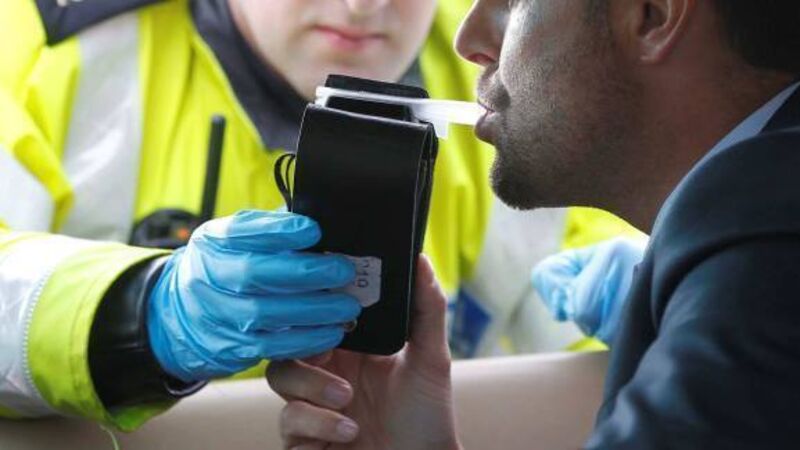Young drink drivers to be part of RSA research

They will be included in focus groups being convened to discuss the influences on them and factors that may contribute to behaviour and attitudes around drink-driving.
The findings will be used to help design new campaigns to reduce drink-driving levels and aid enforcement.













